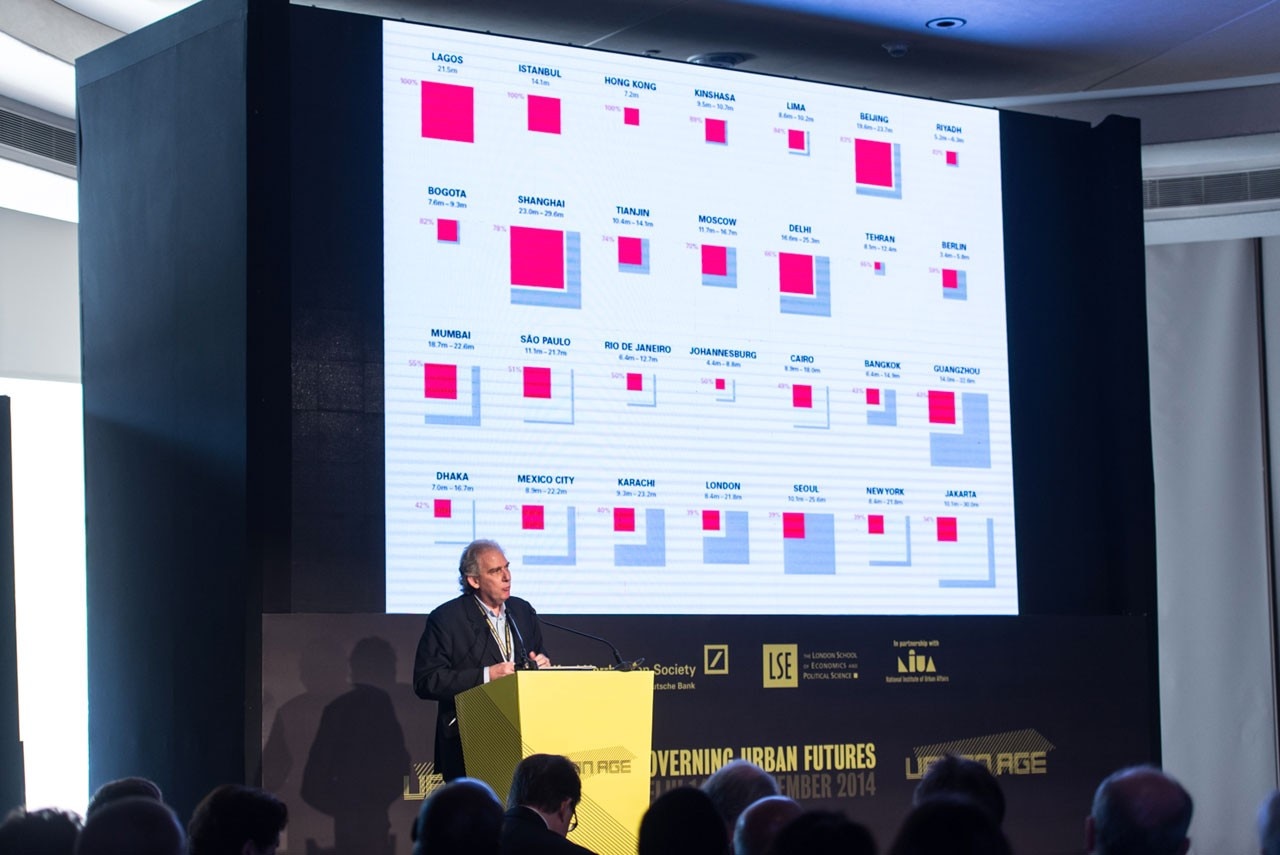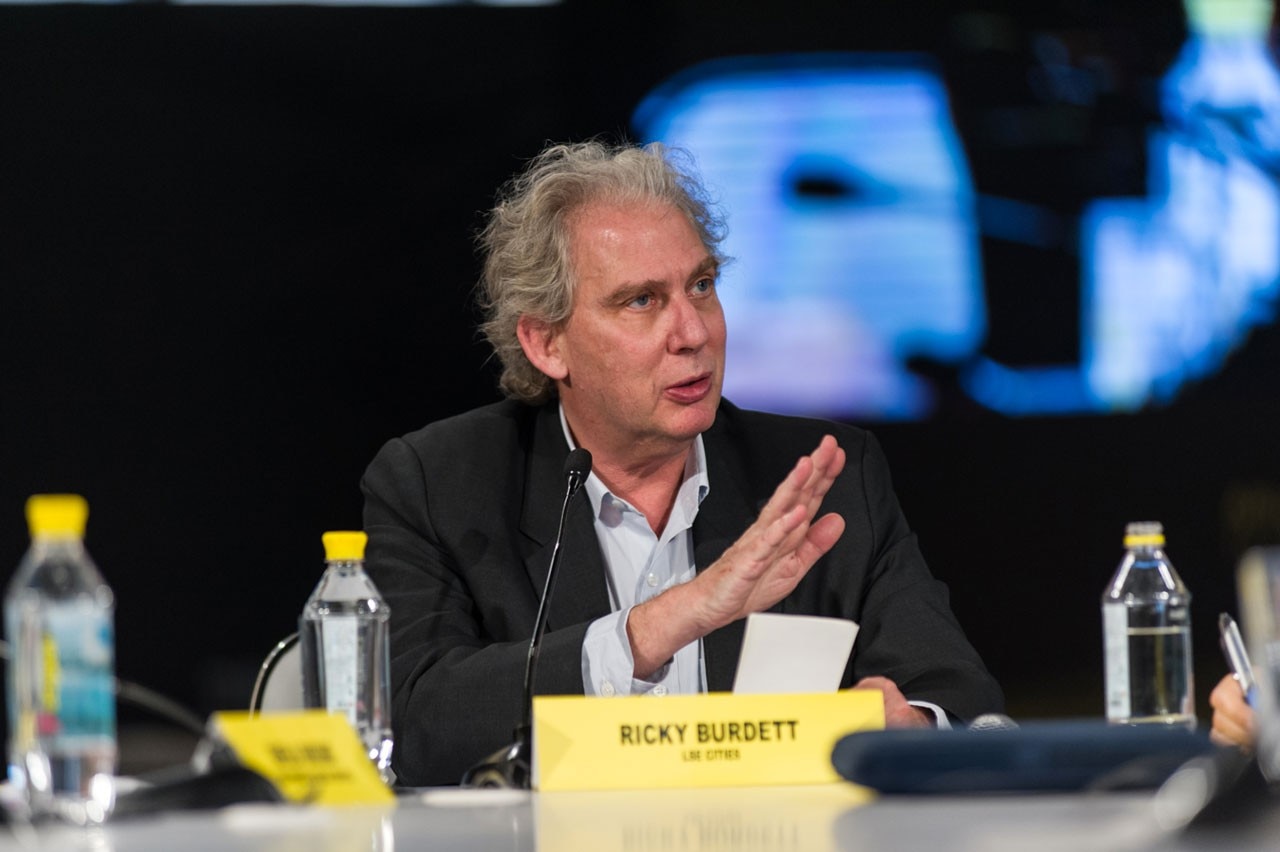
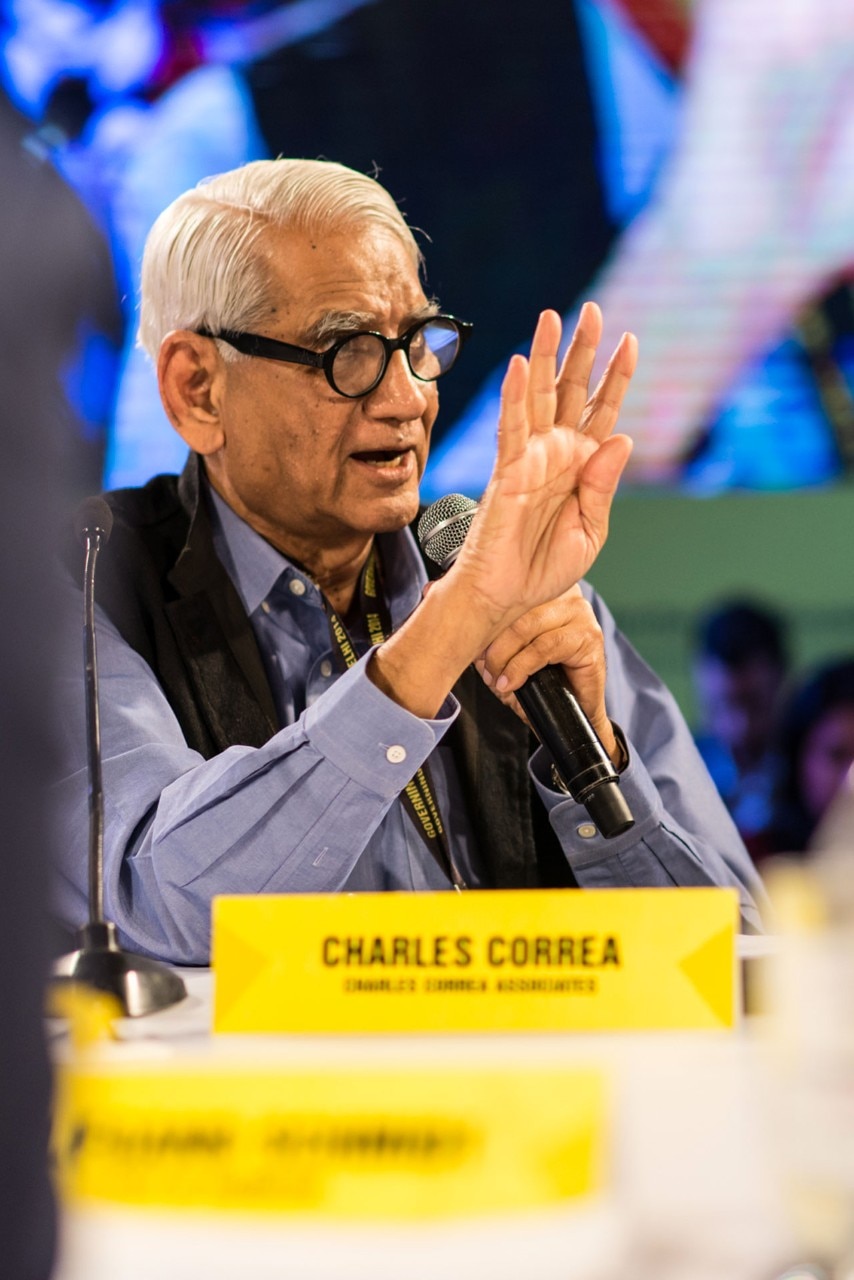
Asking questions, making decisions
Essentially the question of urban governance comes will always be answered by multiple, and even completely dissentious combination of forces and stakeholders. The residents of cities do have some agency in shaping the urban experience, even if it is simply the power to burn off rubbish, take the bus, pick up or drop litter, drive a tuktuk or in whatever other way contribute to their environment. Other stakeholders involve the national and state governments and the various agencies they command. Local governments that usually maintain the most immediate and accessible connection to their constituents. As Joan Clos, head of UN Habitat said, “local governments have the proximity to translate the principles of good urban governance into effectively managing governing and developing a city, and ensuring equitable access to citizenship”. Other influential groups involve investors, developers buying the land, corporations building and developing it, NGOS protecting particular causes and non-tradable assets – a motely of clamorous voices asking different questions of the environment they all inevitably share. The real politics of urbanisation is therefore of the difficulty finding agreement between various stakeholders, and the need for compromise. But governance is not just about voices and their demands, but decision-making. Good urban governance requires participation, leadership, and foresight at the service of decision-making.
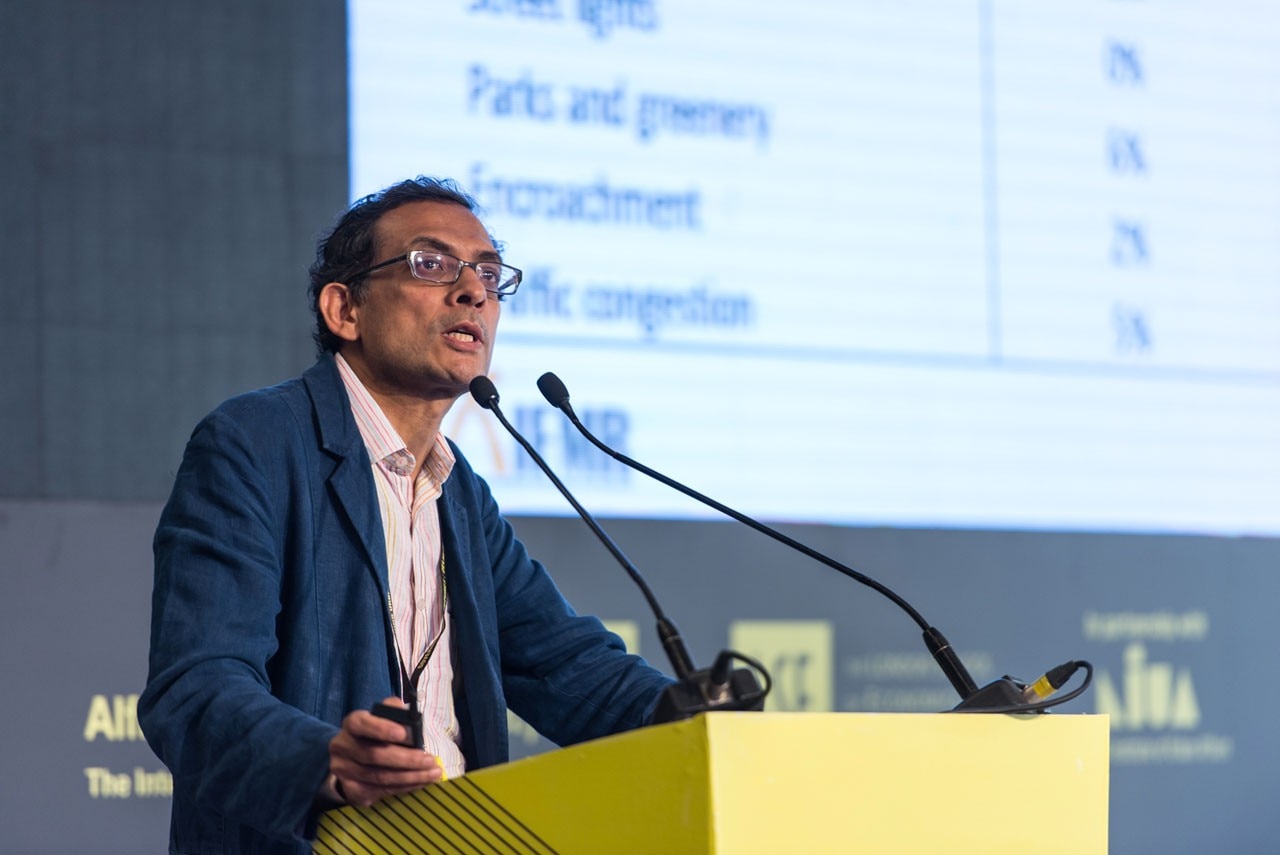
Design opportunities
Given there are a variety of actors, influencers and leaders involved in shaping the urban environment, is it the responsibility of designers, planners or policymakers to build futures and respond to social needs? There is a role for spatial planning in the social sciences but also a clear role for politics in design. For Karen C. Seto the unprecedented upward and outward expansion of cities has created a window of opportunity for new design solutions. New policies often liberate opportunities and enable new design solutions that were not anticipated by bureaucrats or policymakers. According to Governor of Lagos Babatunde Fashola the introduction of street lighting in some communities at night was intended to help small business reduce spending on self-generated electricity. Yet the consequence was that the businesses were also enabled to stay open longer, from 6pm until 11pm, with incomes rising from 38% - 52%.
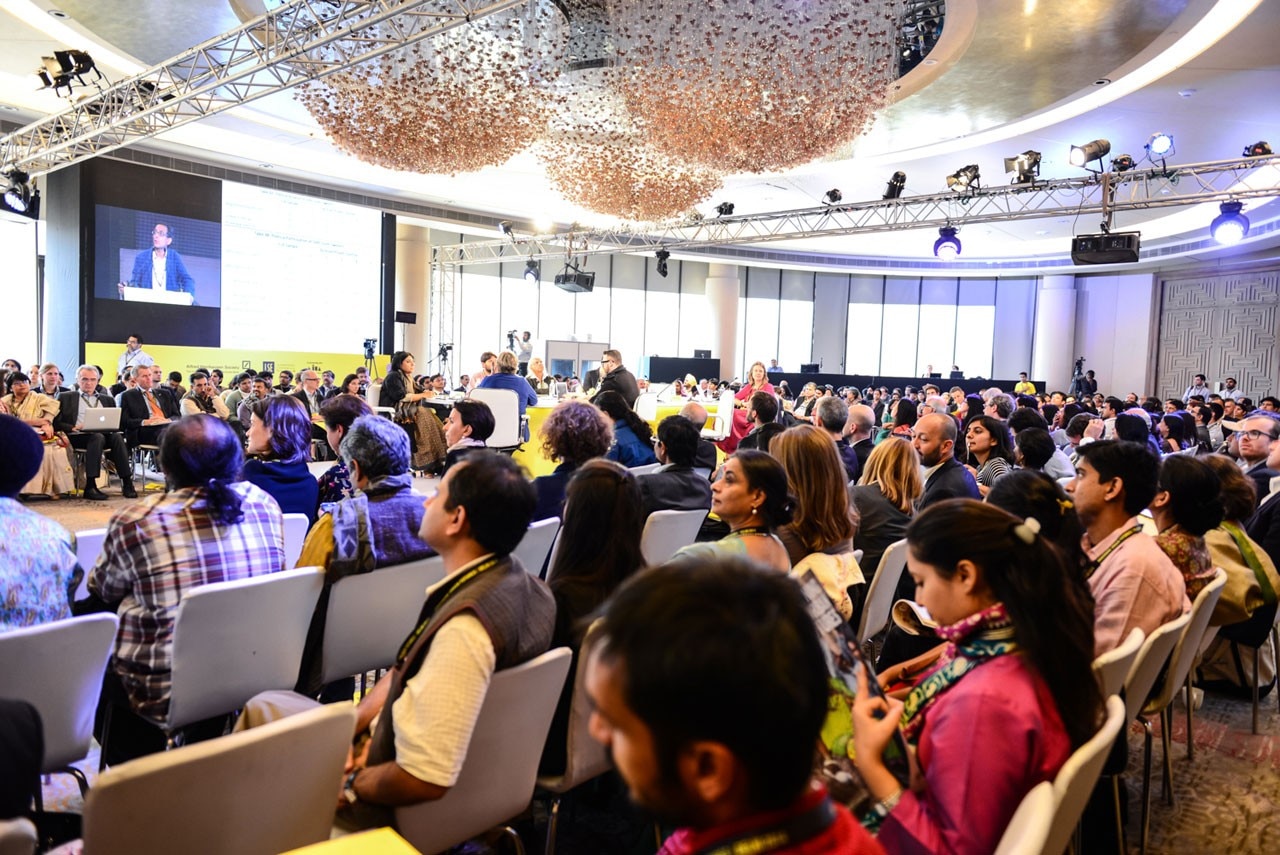
Disruption
Disruption can come from technology, from the radical insertion of capital, or else from environmental disaster, with more complicated cities progressively more volatile and open to disruption. It was thus widely agreed that risk mitigation was a necessary aspect of urban governance. Siedermann discussed the urban uncertainty project, as a crucial way of dealing with the unpredictable aspects of urban existence, that is that uncertainty cannot be eradicated by deferred, that it generates opportunities, and it cannot be solved as a technical problem in perpetuity. For Richard Sennett since transformation does not unfold in a linear fashion, but is episodic. Uncertainty thus creates a planning problem which democratic politics has to deal with. A more reactionary form of both governance and design come into play in the aftermath of a disaster. For Sue Parnell the possibility of environmental disaster has lead to a revitalised role for governments following decades of structural adjustment, to manage risk mitigate the effects of shock.
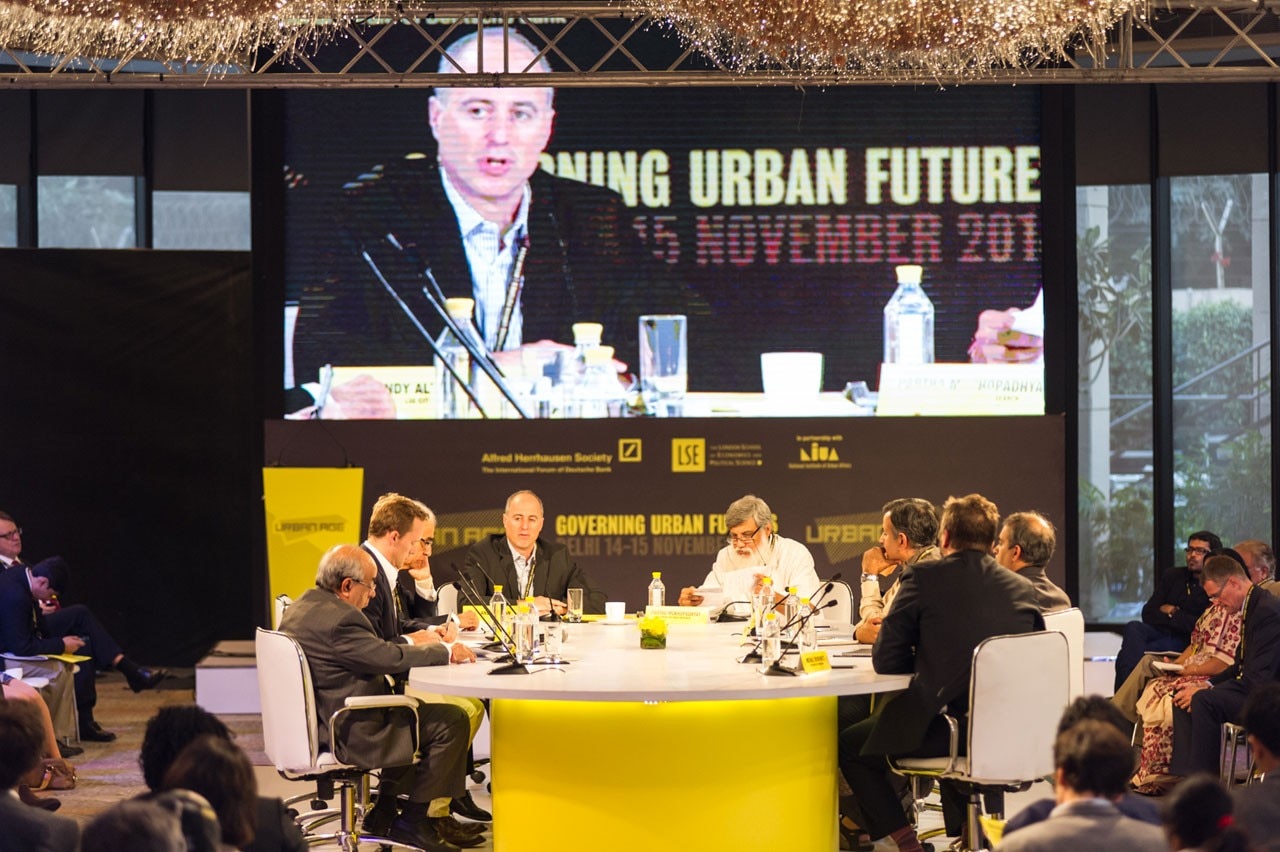
Agency and the Urban Age
Award Episodic and incalculable nature of change also provokes individuals and groups to act as agents, taking the initiative in managing crises. One of the highlight events of the conference period, the Deutsche Bank Urban Age Awards, acknowledged the tremendous agency and initiatives of some of these groups working currently in Delhi. The National Institute of Urban Affairs Delhi, Deutsche Bank Alfred Herrhausen Society and LSE Cities, awarded a prize of 100,000 USD to two pre-existing community initiatives attempting to improve urban space and local residents lives, the Chintan Material Recovery Facility, which manages tones of unsorted garbage form the trains that arrive every day and Goonj, an organisation which sorts waste materials from middle class households to create second hand products. These prize-winners are best-case examples of autonomous responsiveness, a coalition of interests and skills, which provide an elastic and contextual response to an urgent urban problem.
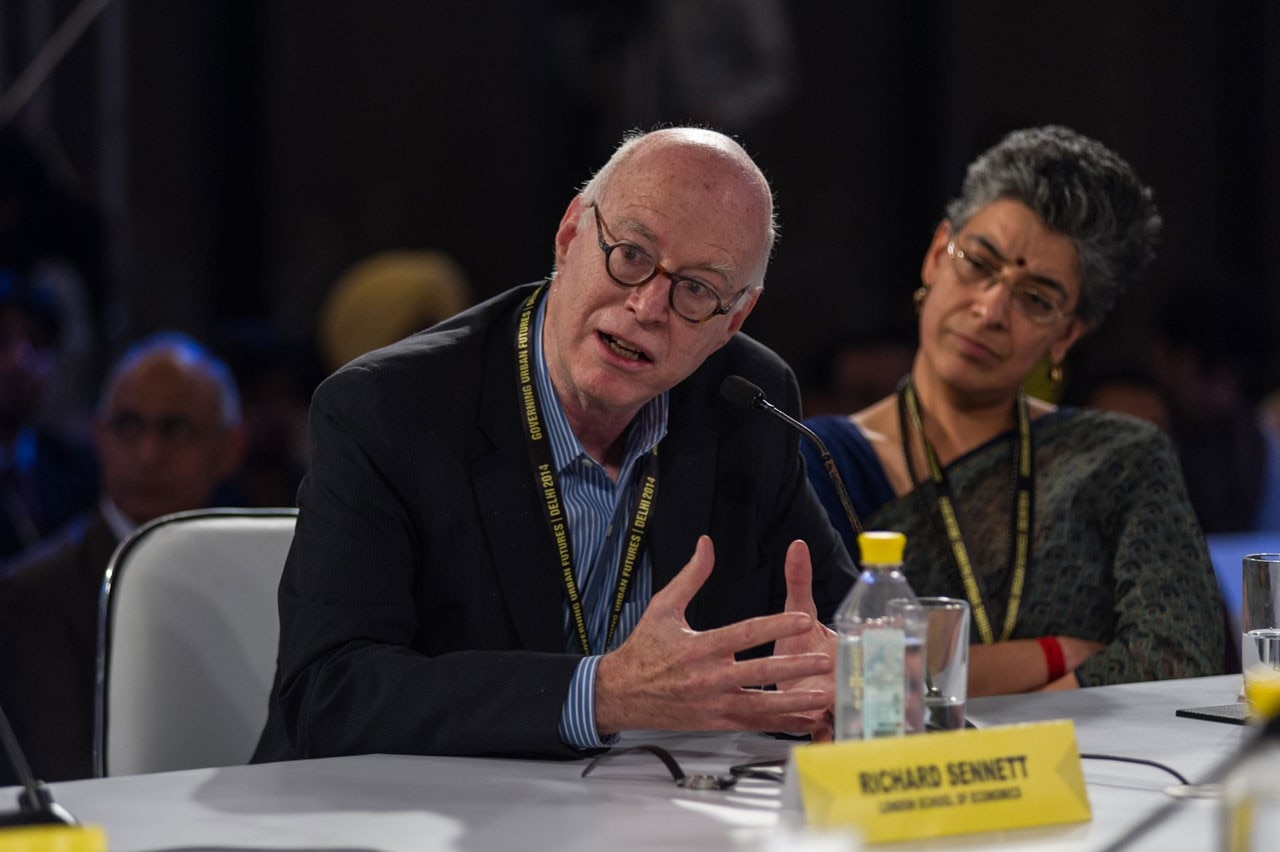
The value of conflict
Some of the debates around the roundtable and in the audience bought the crucial and catalysing role of conflict to the fore. Conflict is not something that we should shy away from but rather an inevitable result of passing around the microphone. For Charles Correa, in fact, confrontation and result through negotiation is what democracy is all about. Enrique Penalosa, who implemented a series of urban reforms in his three years as mayor of Bogota, such as 300 kilometres of bicycle highways, said that he spent a lot of his time in various forms of confrontation with interests groups and higher income citizens, as even those who would benefit form the reforms but were not aware of it.
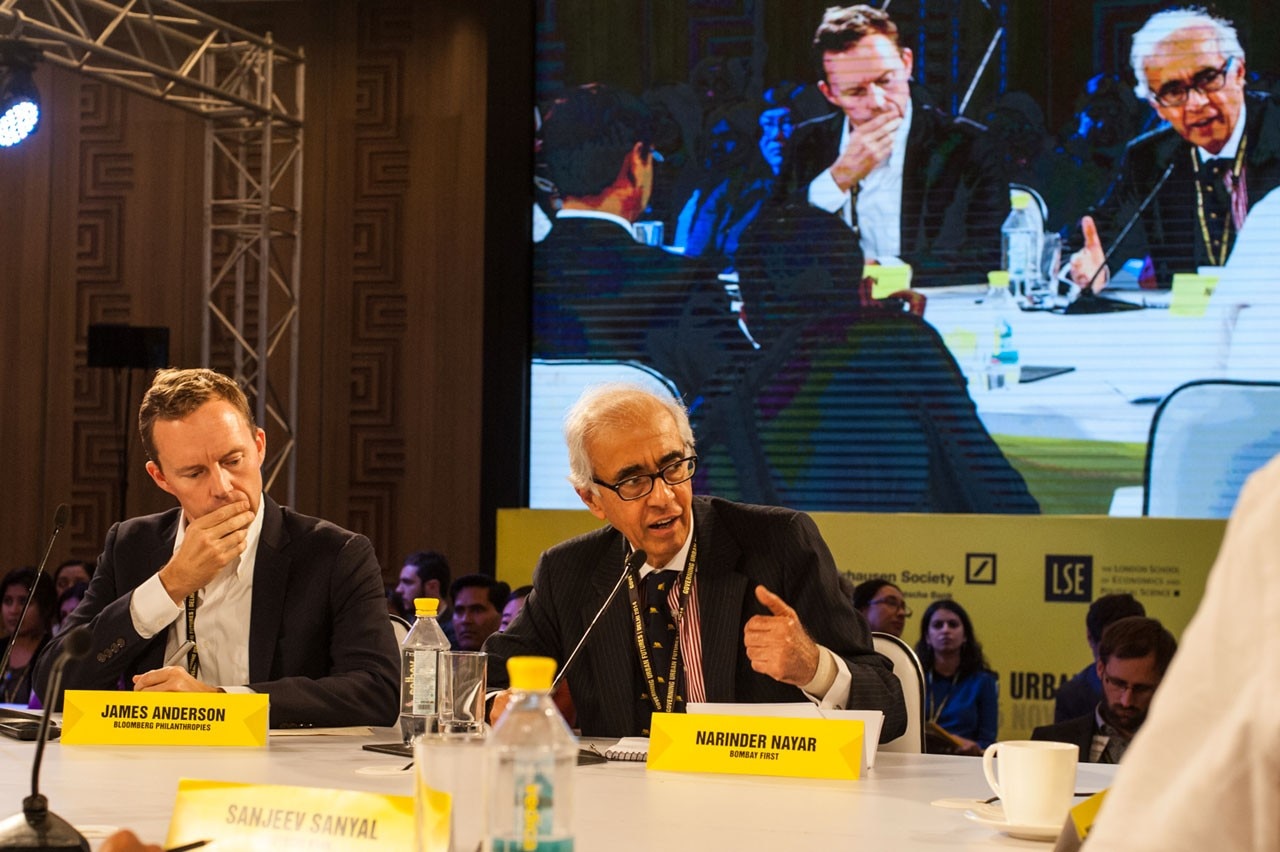
Shock, horror, climate change
Of course the question of how much agency each individual has is seemingly overwhelmed by issues such as climate change, which appear to be beyond the control of local and even national governments. For Philipp Rode and Priya Shankar climate change constitutes an “existential threat” to all cities. Urban governments cannot influence the international agenda in the same way as national governments, but will be forced to respond on the front line of changes, from challenges to agriculture bought about by droughts and flooding, to storms and other weather events. Cities are no longer self-sufficient rivals, the perils of climate change bind us to our neighbours even against our own will. For Richard Sennett, “we must acknowledge the disorder to come and learn to cope with it”. Yet for Sassen this openness does not result in absolute freedom, we are not moving toward a borderless world, ordered only by the transnational flow of goods, services, and labour, she says, but rather we are creating new kinds of borders, “that are transversal and impenetrable”.
